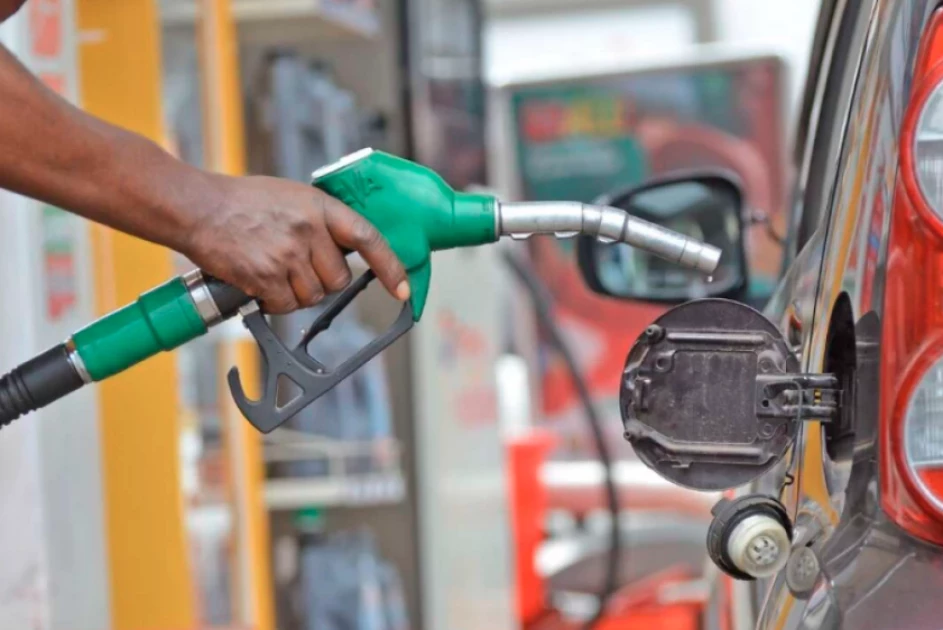Petrol cheaper in Kisumu than Nairobi and other EPRA pricing ‘errors’

A petrol station attendant fuelling a car. Photo I File

Audio By Vocalize
Last month, EPRA announced prices that for the first time, put petrol prices cheaper in far-flung towns like Sondu, Rumuruti and Eldoret than it was in Nakuru.
A litre of petrol retailed at Ksh.182.04 in Nairobi where transport charged for its piping from Mombasa should be cheaper compared to what would be charged in Kisumu where it retailed at Ksh.181.87 per litre.
The same quantity of petrol retailed at Ksh.181.88 and Ksh.181.97 in Eldoret and Rumuruti respectively.
The retail price formula sums up the landed cost, storage and distribution, Oil Marketing Companies margin as well as taxes and levies to get to what EPRA announces every 14th day of the month.
“For super petrol, kerosene and automotive diesel, the Pricing formula used is: Pr = Pw + mr + z,’’ reads EPRA’s formula on its website.
The ‘z’ according to the formula is the “delivery rate from the nearest wholesale depot to a retail dispensing site in Shillings per litre as set out in the First Schedule.”
Interestingly, diesel prices remained higher in Kisumu compared to Nairobi with the commodity retailing at Ksh.167.49 and Ksh.167.28 respectively in the two towns 350 Kilometers apart.
The ambiguity in EPRA’s pricing is visible this month after the regulator priced petrol higher in Kisumu than in Nairobi reversing the previous cycle.
In July 2020, EPRA failed to correctly compute prices in the June/July pricing, an error whose correction in the July /August fuel price setting caused a massive hike in pump prices.
In the release, EPRA said there had been an adjustment ‘’for under-recovery of Value Added Tax by Oil Marketing Companies that occurred in the previous cycle.’’
Already, EPRA has been sued for applying the pricing formula that has given consumers the pain from the Finance Act 2023 and denied them the gain from the same law in a review that will remain in force for the next ten days.
The Energy and Petroleum Regulatory Authority has remained mum on the selective enforcement of the law that pushed up petrol and diesel prices by Sh13.49 and Sh12.39 respectively.
The move came hours after the High Court suspended the implantation of the tax law. EPRA chose to implement the 16% Value Added Tax and ignored the relief the same law provided for consumers in reducing the Import Declaration Fee to 2.5 per cent from 3.5 per cent and the Railway Development Levy that had been dropped to 1.5 per cent from 2 per cent


Leave a Comment